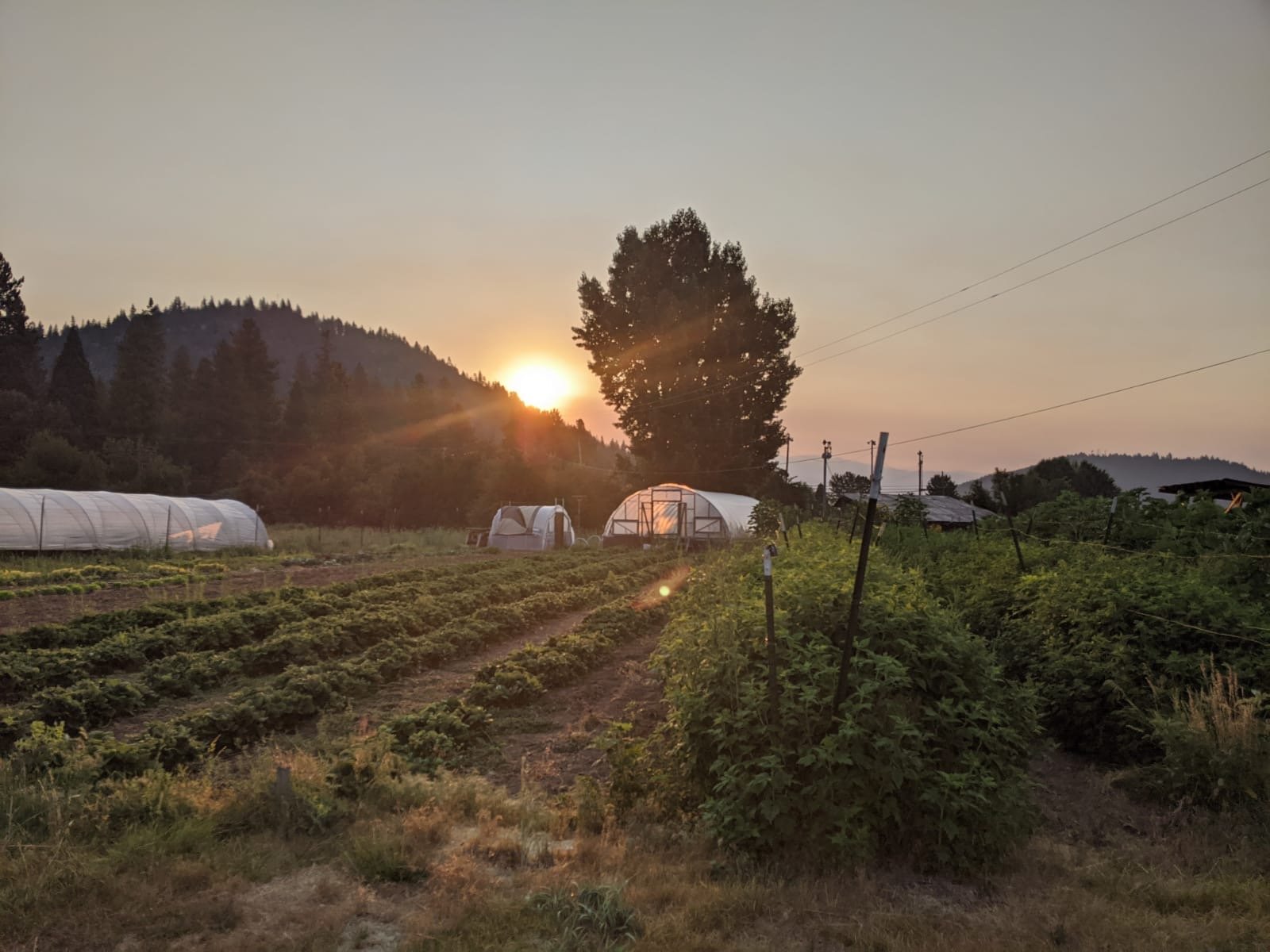Agricultural Programs and Funding
Conservation Stewardship Program
The Natural Resources Conservation Service (NRCS) works one-on-one with producers to develop a conservation plan that outlines and enhances existing efforts, using new conservation practices or activities, based on management objectives for your operation. They can help you identify natural resource problems in your operation and provide technical and financial assistance to solve those problems or attain higher stewardship levels in an environmentally beneficial and cost-effective manner.
https://www.nrcs.usda.gov/programs-initiatives/csp-conservation-stewardship-program
Environmental Quality Incentives Program
NRCS’s flagship program to integrate conservation projects onto working lands. The Environmental Quality Incentives Program (EQIP) is a cost-sharing program that provides technical assistance to landowners to plan and implement conservation practices. EQIP can help with everything from reforestation to erosion control, fuel break construction, integrated pest management, wildlife habitat and cover cropping.
https://www.nrcs.usda.gov/programs-initiatives/eqip-environmental-quality-incentives
Healthy Soils Program
The HSP Program provides financial assistance for implementation of conservation management that improve soil health, sequester carbon and reduce greenhouse gas (GHG) emissions. On farm management practices that include but are not limited to: cover cropping, no-till, reduced-till, mulching, compost application, and conservation plantings.
https://www.cdfa.ca.gov/oefi/healthysoils/
High Tunnel Initiative
A High Tunnel System, commonly called a “hoop house,” is an increasingly popular conservation practice for farmers, and is available with financial assistance through the Environmental Quality Incentives Program (EQIP).
https://www.nrcs.usda.gov/programs-initiatives/eqip-high-tunnel-initiative
Value Added Products Grants
The Value-Added Producer Grant (VAPG) program helps agricultural producers enter value-added activities to generate new products, create and expand marketing opportunities, and increase producer income.
https://www.rd.usda.gov/programs-services/business-programs/value-added-producer-grants/ca
Drought and Emergency Assistance Programs and Loans
Livestock Forage Disaster Program (LFP)
Provides compensation to eligible livestock producers who have suffered grazing losses due to drought or fire on land that is native or improved pastureland with permanent vegetative cover or that is planted specifically for grazing.
https://www.fsa.usda.gov/programs-and-services/disaster-assistance-program/livestock-forage/index
Emergency Loan Program
Provides loans to help producers recover from production and physical losses due to drought, flooding, other natural disasters, or quarantine by animal quarantine laws or imposed by the Secretary under the Plant Protection Act.
https://www.fsa.usda.gov/programs-and-services/farm-loan-programs/emergency-farm-loans/index
Emergency Conservation Program (ECP)
Helps farmers and ranchers repair damage to farmlands caused by natural disasters and helps put in place water conservation methods during severe drought.
https://www.fsa.usda.gov/programs-and-services/conservation-programs/emergency-conservation/index
Contacts
NRCS
Ben McNally
District Conservationist for Plumas and Sierra Counties, USDS-NRCS
Office Phone Number: (530) 283-9109 EX 102
Cell Phone Number: (530) 616-1785
benjamin.mcnally@usda.gov
UC Extension
Tracy Schohr
Livestock and Natural Resources Advisor for Plumas, Sierra and Butte Counties
Cell Phone Number: (916) 716-2643
tkschohr@ucanr.edu
